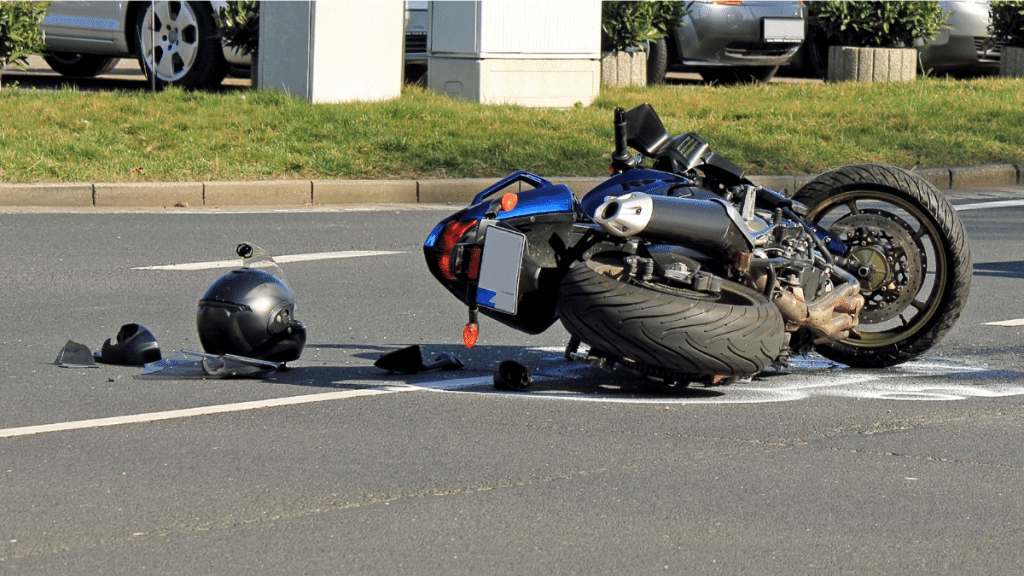Atlanta’s site visitors congestion is infamous, growing massive demanding situations for commuters and mainly risky conditions for motorcyclists. A traumatic brain injury lawyer understands the complexities those instances upload to twist of fate dangers.
Understanding Atlanta’s Traffic Congestion
Atlanta is infamous for its visitor congestion, rating most of the maximum congested towns in the United States. With a growing populace and a thriving economy, the wide variety of cars on the street keeps on upward push, exacerbating traffic woes. The town’s complex network of highways and surface streets often will become gridlocked in the course of peak hours, creating a tough environment for all drivers.
The congestion is further compounded by means of ongoing road construction initiatives and the town’s limited public transportation alternatives. As a result, motorcyclists must navigate via dense site visitors, frequently going through unpredictable conditions and heightened risks compared to different automobiles.
Challenges For Motorcyclists
Motorcyclists enjoy precise challenges whilst navigating Atlanta’s congested roads. Unlike vehicles, bikes provide much less safety in a collision, making riders more vulnerable to injuries. Additionally, their smaller size could make them much less seen to other drivers, growing the likelihood of injuries, mainly in heavy visitors.
Traffic congestion also leads to competitive using behaviors, which include surprising lane adjustments, tailgating, and rushing, that could pose great danger to motorcyclists. Riders need to remain vigilant and anticipate the movements of different drivers to avoid accidents. The constant prevent-and-pass nature of congested traffic can also increase fatigue and stress for motorcyclists, doubtlessly affecting their reaction instances and decision-making.
Road Conditions And Their Impact
In addition to traffic congestion, Atlanta’s street conditions can similarly affect motorcycle protection. Potholes, uneven surfaces, and debris are not unusual problems on the city’s roads, posing dangers to motorcyclists. Unlike vehicles, bikes may be extensively suffering from these road imperfections, leading to lack of management and injuries.
Furthermore, inclement weather, which includes rain, can exacerbate those challenges with the aid of decreasing traction and visibility. Motorcyclists must be especially cautious whilst navigating moist or slippery roads, as the chance of skidding or sliding increases. Regular preservation and well timed road infrastructure maintenance are vital to enhancing safety for all avenue users, together with motorcyclists.
Strategies For Enhancing Motorcycle Safety
Despite the challenges posed through Atlanta’s visitor congestion and road situations, there are strategies that motorcyclists can rent to decorate their protection. Defensive driving is paramount, requiring riders to live alert, preserve safe distances, and assume the actions of other drivers. Wearing suitable defensive tools, along with helmets, gloves, and jackets, can also reduce the severity of accidents within the event of a coincidence.
In addition, motorcyclists have to prioritize ordinary preservation and inspections of their motorcycles to make sure ideal overall performance and safety. This consists of checking tire strain, brakes, lights, and different important additives. By keeping their motorcycles in the right situation, riders can reduce the danger of mechanical screw ups that would lead to injuries.
The Role Of Urban Planning
Improving motorbike safety in Atlanta calls for collaboration among city planners, policymakers, and the network. Enhancing public transportation alternatives and expanding infrastructure for opportunity modes of transportation can alleviate traffic congestion and decrease the range of automobiles on the street. Implementing committed motorcycle lanes and improving road maintenance can also contribute to more secure conditions for motorcyclists.
Education and focus campaigns can further sell secure driving behaviors among all street customers, emphasizing the importance of sharing the road and being mindful of motorcyclists. By fostering a culture of safety and cooperation, Atlanta can paint closer to lowering motorcycle injuries and growing a more secure surroundings for all commuters.
Conclusion
Atlanta’s traffic congestion and street situations present huge demanding situations for bike protection. Addressing these problems requires a multifaceted approach that includes individual precautions and systemic improvements. A stressful brain injury legal professional who is familiar with these factors can higher suggest for twist of fate victims and promote safer roads.
